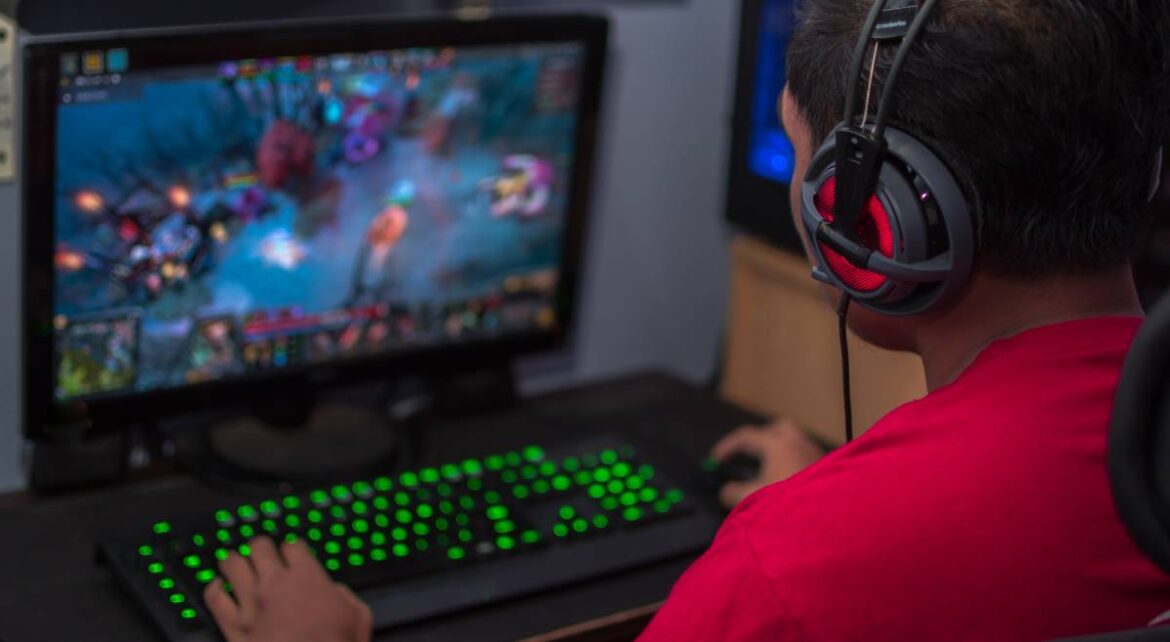
It is time to talk about online gaming as more than an addiction. There’s a bad connotation with online gaming that only super addicted teenagers can play them well. There’s an even more detrimental view of it: people who engage in online gaming don’t have lives outside that world. Wrong and wrong. Online gaming can have social benefits if we learn how to use them properly. If we are aware that addiction to it will affect our relationships, we will be more conscious not to fall into the trap.
For the Whole Family
The history of gaming consoles has always concerned families. Forty to 50 years ago, gaming consoles were a way for families to get together. Children take turns on the controllers. Often, families are divided into groups to compete on Mario Kart, Battle City, Pacman, and many others. But over the years, the life of gaming consoles as a valued family entertainment began to dissipate.
Now, when you hear people talking about building a gaming PC, you’d be quick to judge these people as anti-social. Gamers are often looked at as loners who cannot foster friendships outside of their online worlds. Many psychologists brushed off the social connections they have on the internet as inferior to real-life connections. That isn’t true, right?
Online Gaming Communities Are Valuable, Too
People look down on online communities and the social relationships forged among their members. For them, such relationships are subpar to the social connections in face-to-face interactions. However, research by Edge Hill University and the University of York in 2017 showed that this isn’t always the case.
The study looked at 700 players of multiplayer online games. It found that these members have a stronger sense of social identity, self-esteem, and social competence. The common interests they shared with other online community members foster friendships that they also bring in real life.
Another study found that such interactions online prevent depression, sadness, and anxiety. It’s part of the social capital, which also covers face-to-face interactions. In short, friendship is friendship, whether it’s happening in the virtual world or real life.
Pandemic Friendships
If only people understand the attraction of online games, they wouldn’t need to worry about being isolated in the house during the lockdown. Some gamers are even joking around that they were born to be in quarantine. That was done in goodwill, of course, and does not belittle the sacrifices everyone has made because of the coronavirus pandemic.
But even as gamers sit in front of their screens for more hours than they’ve done in the past, they aren’t exactly isolated. That’s the difference between these online games now and the video game console games of yesteryears. They have a community of friends on the internet who share the same interests and passion and can talk nonstop about the next games they’re looking forward to playing.
In short, gamers have found a golden nugget in this pandemic, one that others in quarantine also slowly realized during the many days they spent in their homes at the height of the outbreak. Even amid the mental strains of the lockdown, gamers thrived in their online communities. And unsurprisingly, a lot of people picked up the controller for the first time and found a much-needed outlet for the creeping depression that’s always in the midst these days.
In the United States, four out of five people surveyed admitted to playing video games in the past six months. Even those who are gaming for the first time realized that this is something socially beneficial to them. Gamers have known this for years, in fact, as they built friendships that lasted much longer than those who meet face-to-face.
Gaming Addiction as a Disorder
Gaming addiction is a disorder. The social benefits of gaming don’t mean that you should take a controller now and play for the next 48 hours. Online games present many opportunities for social investments, but admittedly, they are not always beneficial to their users. It is important to understand that with gaming addiction, self-awareness is critical. If you are in denial that you are addicted to a game, then no one will be able to help you.
Balance is the key to achieving and reaping the rewards of online games. While it does come with its dangers, they also have benefits that helped many people in the past year. The social benefits of gaming have always been present, but it took a pandemic to make people realize that.
Meta title: Why Online Games Aren’t That Inherently Bad
meta desc: Many parents frown at the thought of online gaming; thinking, perhaps, that their children are addicted when they see them playing for an hour or two at home. Online gaming isn’t that bad if you have control over it and if it does not impact other aspects of your life.


